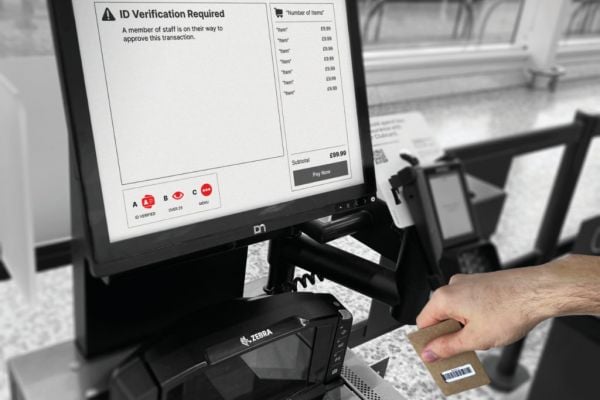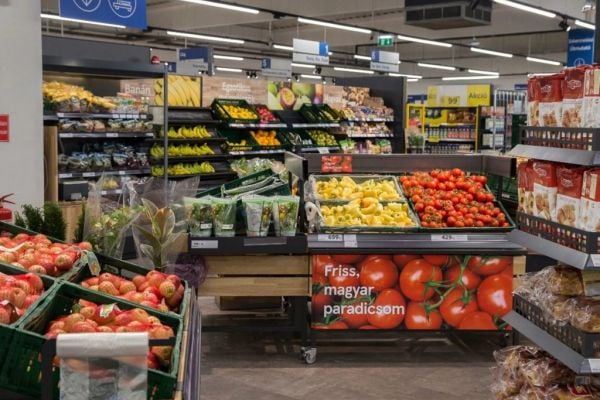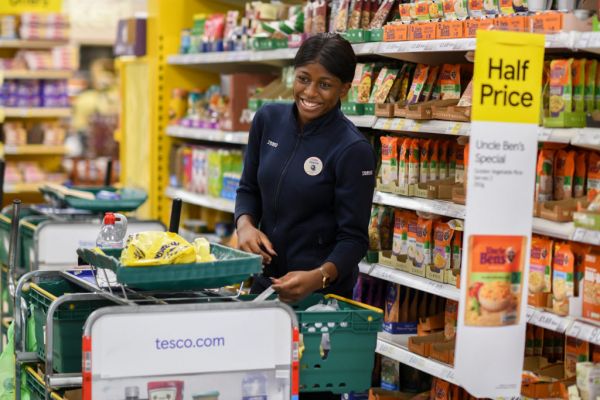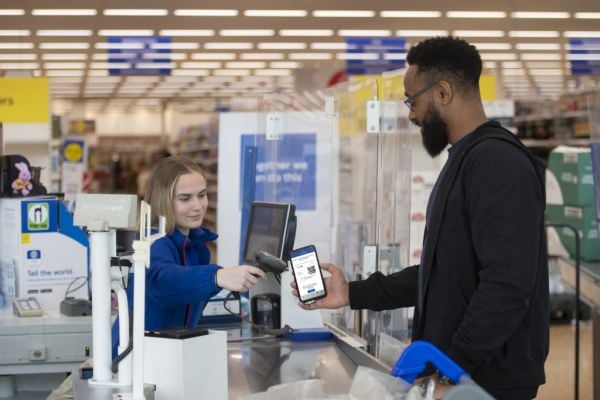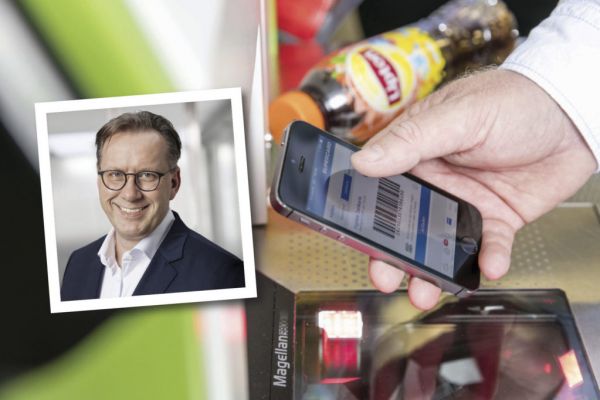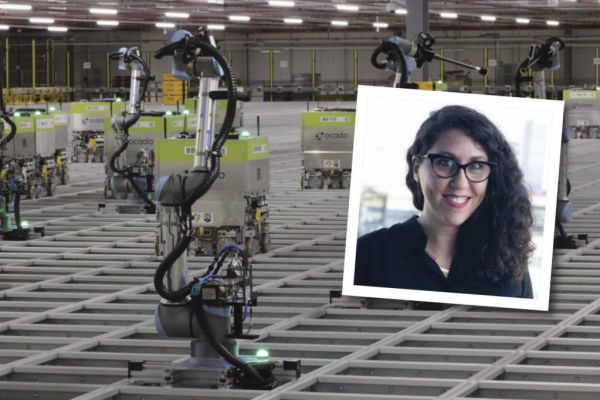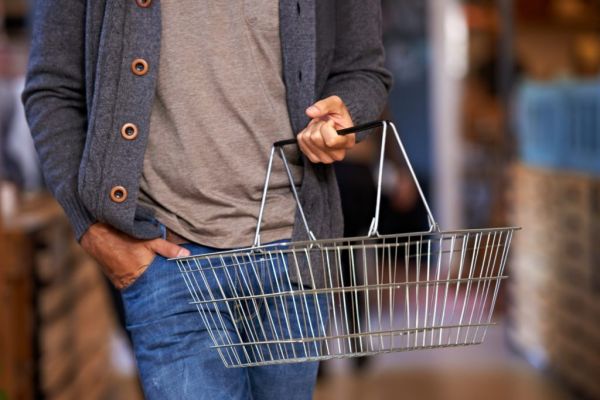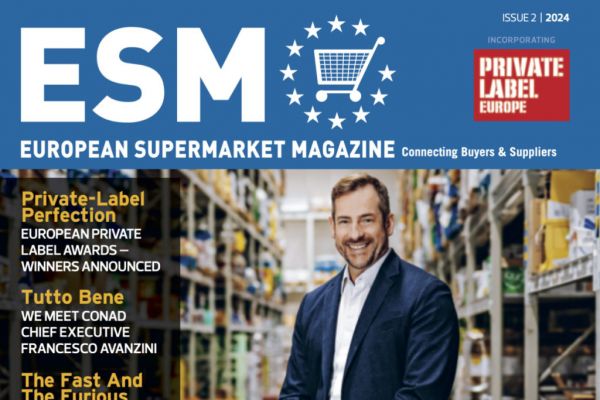In the most recent edition of ESM, we featured our Sustainability 2020 report, showcasing the efforts being made by major retailers, wholesalers and brands in terms of driving the sustainability agenda.
As part of that, we featured a series called Sustainability Heroes, where we spoke to leading executives on what changes they are implementing in their businesses. Here's what they told us.
Veronika Pountcheva, Global Director, Corporate Responsibility, and Senior Vice-President, Metro AG

“When, back in 2015, the Consumer Goods Forum issued the resolution on food waste [Food Waste Resolution], we were among the first companies to join. As an international wholesale and food specialist with operations in 36 countries, it is our obligation to fight food loss and waste.
“To avoid food loss and waste in our own operations, we had homework to do. We had to understand in which processes we were losing food, to change and innovate them. In India, where the temperatures and climate are a challenge to the transportation of farmed goods, we installed collection points in rural areas. Farmers now have only short distances to overcome, and once they drop off their goods at the collection points, we can ensure that they are stored and transported without further losses.
“In addition to strong partnerships and the courage to test innovative ideas, we need a better understanding of the value of food. This is an important message that we food manufacturers and retailers need to convey to our customers as well.
"After all, working together in the fight against food waste includes the entire value chain, from farm to fork. We all need to respect and value food and those who grow, nurture and prepare it.”
Jacques Van Cauwenberge, Vice-President, Global Customers, Europe, Coca-Cola

“Our world today faces a serious and complex packaging waste problem that endangers not just our environment, but the very sustainability of our industry. While consumer packaging is essential in providing convenience and safety, far too much valuable packaging is finding its way to oceans or is badly designed and can’t be recycled or reused.
“We are truly at war with waste, and we will only overcome this challenge through partnership and urgent, immediate action. At Coca-Cola, we’re committed to finding the most sustainable way for people to enjoy our drinks, and ensuring our packaging has no negative impact on the environment. A World Without Waste [Coca-Cola’s Sustainable Packaging Goal] is possible, and we’re focused on three pillars to achieve it: design, collection, and partnering for a sustainable future.
“Hurdles remain, but we see encouraging cross-sector, cross-industry collaboration to find workable solutions to even the most pressing challenges. At this defining time for our industry, it is critical that we come together to address this shared problem and to win our war with waste.”
Nicko Debenham, Vice-President, Head of Sustainability, Barry Callebaut

“Sustainability is at the heart of Barry Callebaut’s business. This is why, in 2016, we launched ‘Forever Chocolate’, our plan to make sustainable chocolate the norm by 2025. By committing to have more than 500,000 cocoa farmers in our supply chain lifted out of poverty, eradicating child labour from our supply chain, becoming carbon- and forest-positive, and by having 100% sustainable ingredients in all of our products, we will bring systemic change to the cocoa and chocolate value chain.
“Through innovative approaches in areas such as farm-mapping, carbon footprint measurement, and creating publicly accessible methodologies, Barry Callebaut is improving the livelihoods of cocoa-farming communities, reforesting with cocoa seedlings and shade trees, reducing our carbon footprint, and increasing the uptake of sustainably produced chocolate and cocoa products.”
Tobias Wasmuht, CEO, Spar International

“Working together for the greater good is integral to Spar’s philosophy. Spar seeks to make a positive impact in the communities we serve, across the 48 countries in which we operate.
“Greater societal environmental awareness has resulted in growing consumption of plant-based foods. Responding to this shift in consumer preference, Spar Natural own-brand products, using organic ingredients, have launched in over ten Spar markets. “Beyond nutrition, sustainable energy usage in store is, increasingly, a priority for Spar. Spar Norway recently developed two highly sustainable stores, with notably low energy usage. Similarly, Spar Hungary has invested over €68 million in store refurbishment within three years, integrating energy-efficient solutions.”
Uwe Bergmann, Head of Sustainability Management, Henkel

“For more than 140 years, Henkel has been taking a visionary approach to driving environmental and social progress. Our goal for 2030, embedded in our sustainability strategy, is: we want to triple the value we create through our business activities in relation to our environmental footprint.
“Henkel is pursuing the vision to become climate-positive in its operations. For example, we are aiming to reduce the carbon footprint of our operations by 75% by 2030, compared to the base year, 2010.
“We are also looking at the whole value chain and developing sustainable innovations because our products and technologies are used millions of times around the world every day. To drive progress, partnerships are key.”
Nathalie Agosti, Head of Group Communications, Lindt & Sprüngli

“Sustainability is a top priority for Lindt & Sprüngli, and we work actively to foster sustainable development. Our long-term success depends on an intact and well-functioning environment. This is why we devote ourselves continuously to sustainable development and always keep the entire value chain in mind during all of our activities.
“Lindt & Sprüngli is one of the few chocolate-makers that produce from bean to bar – from the selection of the fine cocoa varieties through to the finished product. This is one of the most fundamental criteria for a sustainable and traceable supply chain. Cocoa beans are the heart of our chocolates. Therefore, we make special efforts to ensure a sustainable and socially responsible supply chain.”
Christine Heffernan, Group Communications Director, Tesco

“Reducing packaging is one of the most important things our customers tell us we should do. We’re listening and working hard to do just that.
“Our approach is based on 4 R’s: remove, reduce, reuse and recycle. This means we’ll remove packaging wherever possible, and where it can’t be removed, we’ll reduce it to an absolute minimum. We will explore new opportunities to reuse and ensure anything that’s left is recycled, as part of a closed loop.
“In the last year alone, we’ve removed more than 4,000 tonnes of the hardest-to-recycle materials, and over the next year, we will remove over a billion pieces of plastic from our business.
“Opportunities to test reusable packaging include our groundbreaking partnership with Loop, which means 5,000 customers will soon be able to order products online in packaging that can be reused, and if products cannot be recycled, they will have no place in our business.”
Lukas Wiesmüller, Head of Sustainability, Spar Österreichische Warenhandels-AG

“The sustainability strategy of Spar Austria has a long history. Time and time again, Spar sets new activities and trends that are benchmarks for the field. Currently, Spar is focusing on sugar and palm oil reduction, as well as plastic packaging savings.
“Spar Austria has been thinking for many years of where packaging can be refused, reduced, and made more recyclable. In 2019, these individual projects were placed under the umbrella of a marketing campaign for the first time.
"The new logo is intended to draw consumers’ attention to opportunities for plastic savings in advertising and at the point of sale, but also to make it clear that it needs a joint effort of the whole society to save plastic.”
Megan Hellstedt, Vice-President, Sustainable Retailing, Ahold Delhaize

“Ahold Delhaize included ‘healthy and sustainable’ as one of its five growth drivers. Promoting healthier eating and working to eliminate waste have a prominent place in our healthy and sustainable roadmap.
“As a group, Ahold Delhaize announced that it will extend its global commitment to cut food waste in its brands’ operations by joining the ‘10x20x30’ initiative, which brings together ten global food retailers that will each engage with 20 of their priority suppliers to halve their rates of food loss and waste by 2030.
“All Ahold Delhaize brands are working to reduce plastic. Many tests are done, from selling fruit and vegetables without plastic wrapping to not giving away free plastic bags at store checkouts. Ahold Delhaize also joined the Ellen MacArthur Foundation, following the vision of a circular economy for plastic in which it never becomes waste.”
Pedro Lago, Sustainability Area Leader, Sonae MC

"Sonae MC is the largest food retail group in Portugal, owner of the Continente hypermarkets and supermarkets. Sustainability has been a business cornerstone for over 20 years, and is currently guided by six strategic axes: Emissions and Climate Change, Circular Economy, Responsible Offer, Responsible Sourcing, Inclusive Development, and Community Support.
"Of our recent milestones, to reduce emissions, we’ve invested in energy consumption efficiency, installed more than 110 photovoltaic power plants, and are testing less-polluting delivery vehicles. In addition, we're introducing new sustainable products (Continente ECO trash bags, launched in October are 100% recyclable and incorporate plastic waste collected from store operations) and are developing a carbon and water product-footprint calculation tool to support our suppliers reduce their footprint.
"Elsewhere, Sonae MC was the first Portuguese retailer to sign the Ellen MacArthur Foundation’s New Plastics Economy Global Commitment and has already eliminated 2.235 tonnes of plastic from products, packages and operations; over 80% of generated waste was recovered."
For more information about how big brands are addressing the sustainability agenda, check out ESM Issue 6 2019.
© 2019 European Supermarket Magazine – your source for the latest retail news. Article by Stephen Wynne-Jones. Click subscribe to sign up to ESM: The European Supermarket Magazine

